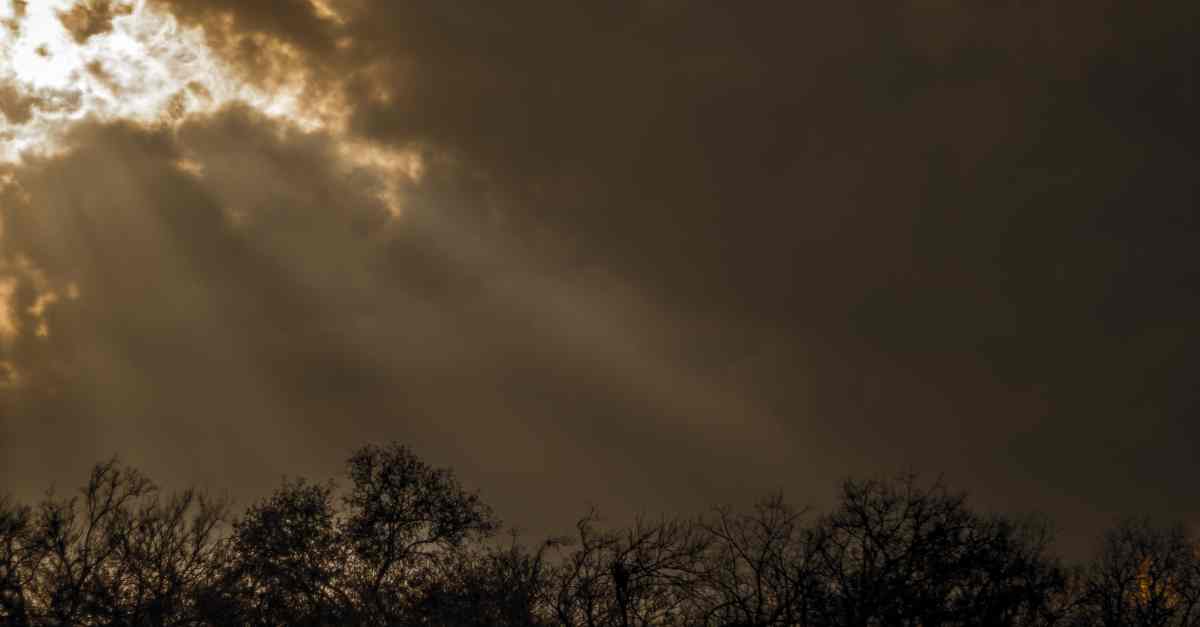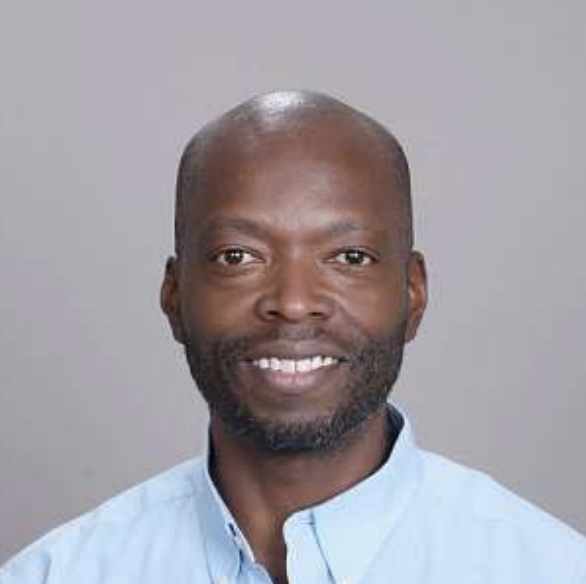But Why, God?
During the summer months, my church participates in a Bible reading series, and it was during this summer’s reading in the prophets that I came across the book of Jeremiah in a new light. Jeremiah (also known as the weeping prophet) was a prophet to the southern kingdom of Judah. He served in this role from the time of King Josiah through the time of King Zedekiah, serving over 40 years in that role. What’s very interesting about the book of Jeremiah in the Old Testament is that it gives us a glimpse into the personal life struggles of the prophet Jeremiah.
Things weren’t so positive for Jeremiah. His era was a time of doom and gloom. War, bondage, hunger, and death surrounded him as he witnessed the destruction of his people. But day in and day out, he declared to the people everything that God said. It started early for him, being called by God at a fairly young age (Jeremiah 1:8). He was rejected by his family because of his negative pronouncement of God’s punishment for their disobedience, and they would eventually seek him out to kill him (12:6). God wouldn’t allow him to marry (16:2). The people turned against him (20:10). On multiple occasions he was attacked, beaten, and thrown in prison (37:1–15, 26:1–9, 20:1–3). He was threatened and ridiculed (36:26), and he was lonely, but God continued to use him as a prophet to the people.
Yet, he struggled. Jeremiah struggled with many things, including his calling (1:6–8) and his rollercoaster ride of emotions (20:7–18). One area where Jeremiah also struggled is with God’s decision making and his manner of exercising justice. Jeremiah couldn’t understand why God would allow the evil nations around him to prosper and to wreak havoc while seeming to be okay with that. Jeremiah 12:1–4 reads as follows:
Righteous are you, O Lord, when I complain to you; yet I would plead my case before you. Why does the way of the wicked prosper? Why do all who are treacherous thrive?
You plant them, and they take root; they grow and produce fruit; you are near in their mouth
and far from their heart.
But you, O Lord, know me; you see me, and test my heart toward you. Pull them out like sheep for the slaughter, and set them apart for the day of slaughter.
How long will the land mourn and the grass of every field wither? For the evil of those who dwell in it the beasts and the birds are swept away, because they said, “He will not see our latter end.”
(Emphasis added.) Jeremiah had a big problem with the fact that the people committing evil acts against him and his countrymen appeared to be blessed by God. The Hebrew word for wicked translates to criminal, or guilty one; the word for treacherous includes the terms deceit and betrayal. In Jeremiah’s mind, he’s thinking, “How could these so-called ‘deceitfully wicked and guilty criminals’ be allowed to live at ease and prosper under your nose, doing the things that they do to us? You’ve allowed them to grow and gain wealth, and they don’t even claim to love you. God, you need to do something about this. You need to kill these jokers! Kill every last one of them!”
When I consider the plight of African Americans in this country, myself being a descendant of slaves, I can see where there would be a similar “complaint” to God. “Where is the sense of justice, God? Aren’t you ever going to do anything about this? Look at what’s happened over the centuries to us: DO SOMETHING!” The lack of action by the Church as a whole, or its complicity, would seemingly imply that Christianity really is the White Man’s religion. “God must not be as real as the preacher claims He is.”
But what’s missing is our understanding of God. First, for us to understand God, we must realize that the way He thinks is not the same as how we think. Isaiah 55:8–9 proclaims, “For my thoughts are not your thoughts, neither are your ways my ways, declares the Lord. For as the heavens are higher than the earth, so are my ways higher than your ways and my thoughts than your thoughts.” It would not be wise of us to believe that God should have the same thought patterns at the same level as we do. Even if we believe we are right, and even if our thought pattern aligns with Scripture, we still must understand and accept that the Creator will always be greater than us, the creatures.
Secondly, God will always have His justice, one way or another. He loves justice (Psalms 33:5). All of His ways are justice (Deuteronomy 32:4). He will execute justice for the needy (Psalms 140:12), and He works justice for all who are oppressed (Psalm 103:6). He does not pervert or violate justice (Job 8:3; 37:23), but He executes justice (Deuteronomy 10:18) and expects us to do the same (Proverbs 31:8–9). We must realize, however, that this is in fact HIS justice, not ours. We must accept that the exercise, timing, and act of justice will come from God. God tells Jeremiah that justice is coming (Jeremiah 12:14–17), but it will happen when and how God chooses.
We can draw on the experience of Jeremiah when we become impatient with God’s execution of justice in this world. Like Jeremiah, we ought to cry out to God in those moments, but we ought to take solace in Scripture’s instruction that God’s thoughts are above our thoughts, and that he will execute justice according to his will, not ours.
Prayer Requests:
- As we trust His higher thoughts and higher ways.
- As we trust His justice as well as His mercy.
- As we pray that our whole heart trusts in Him, and not our own thoughts or understanding (Proverbs 3:5).












